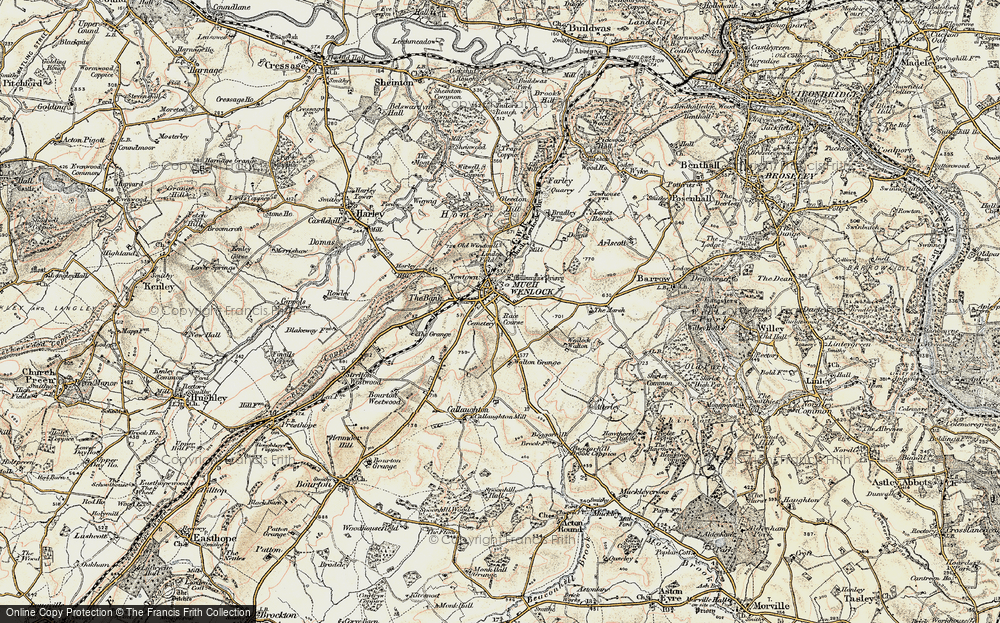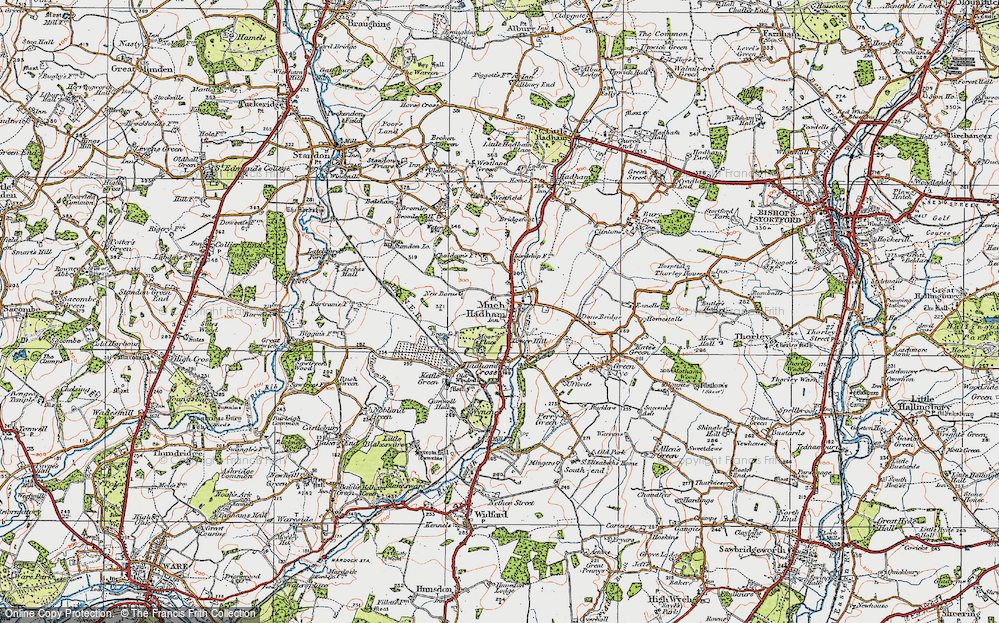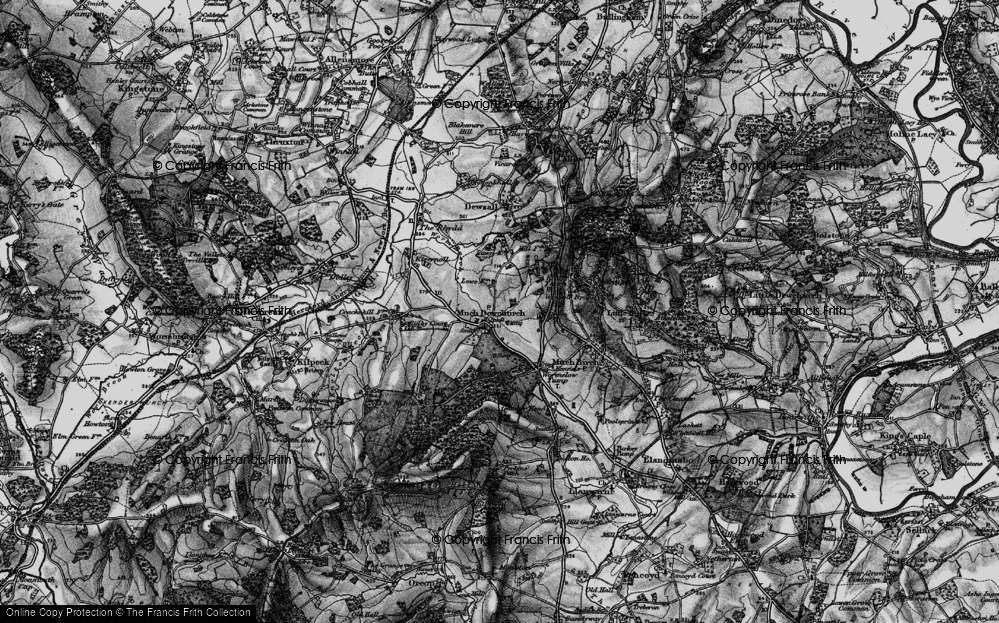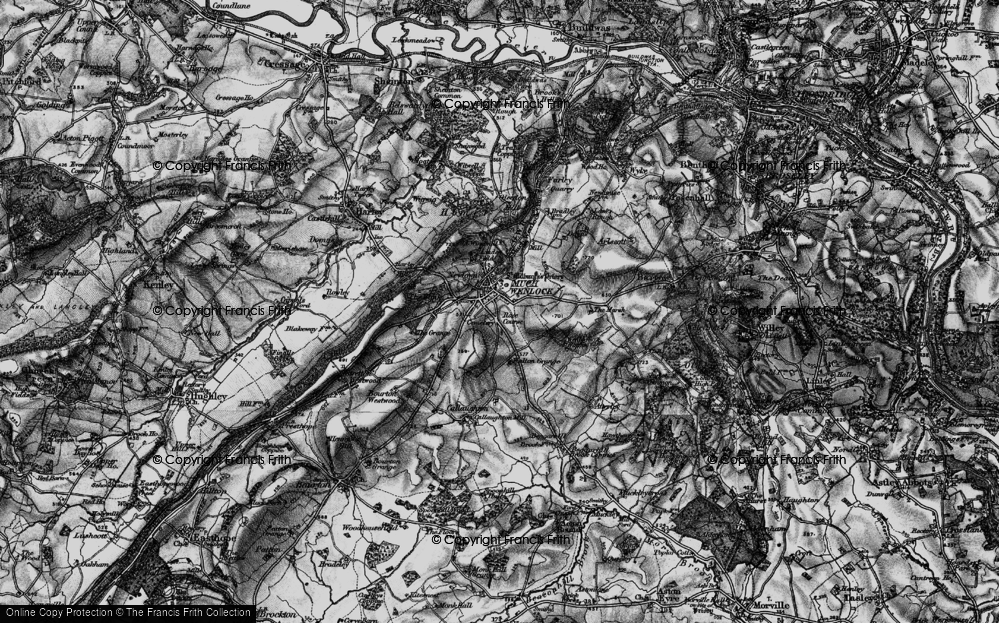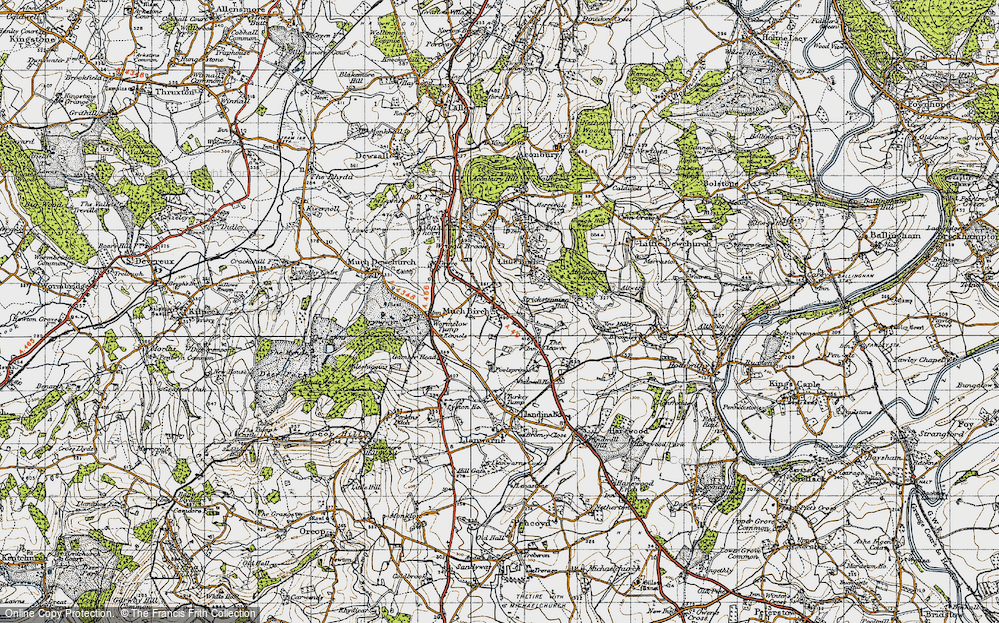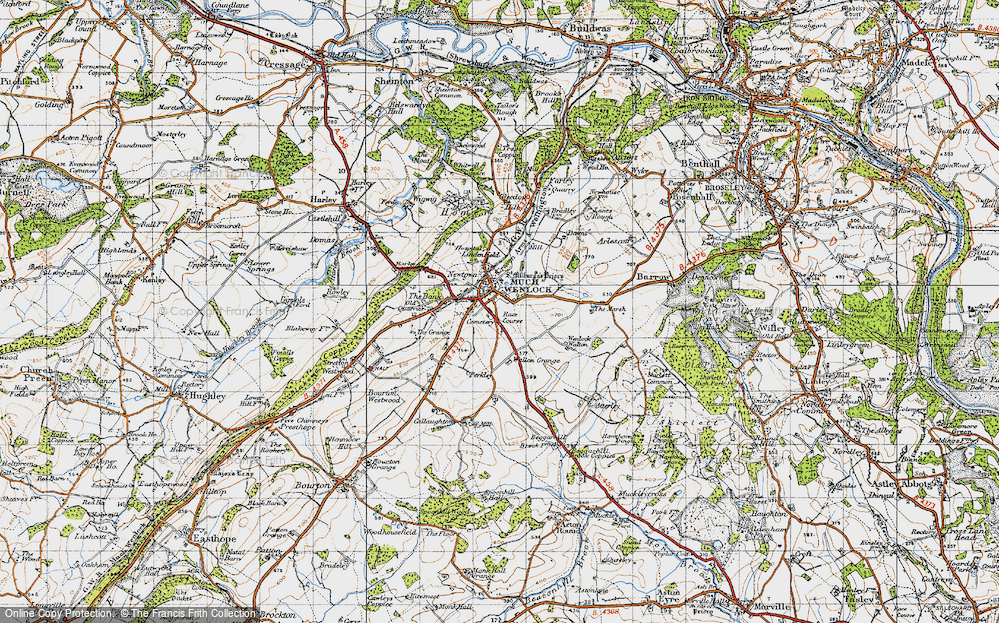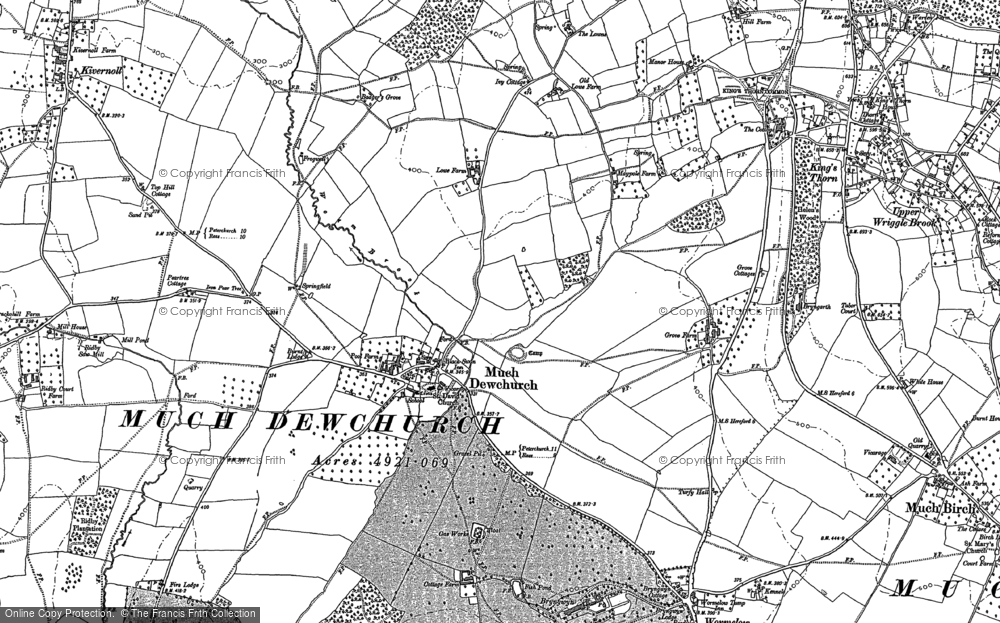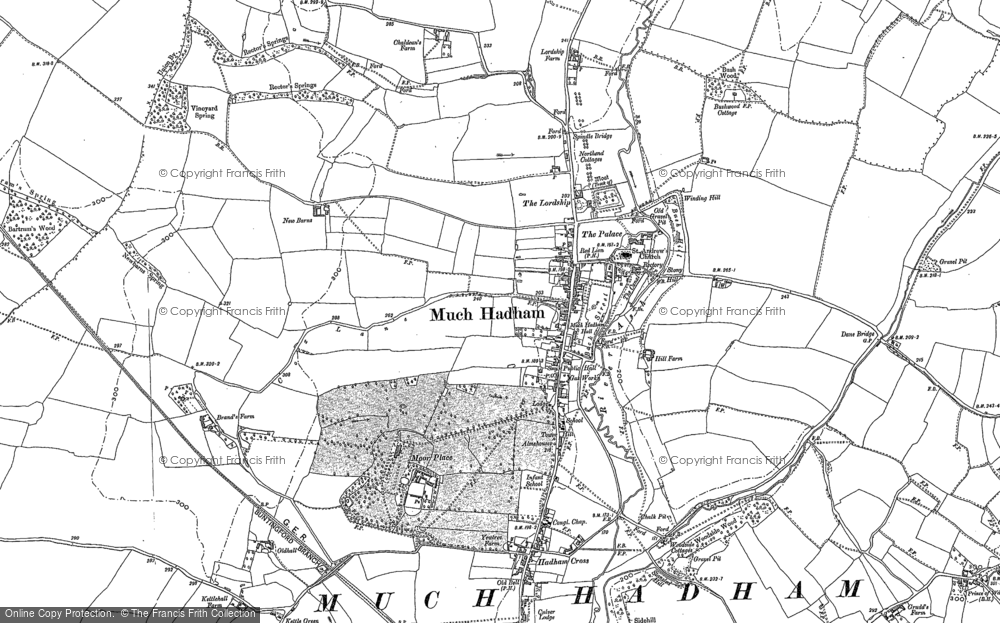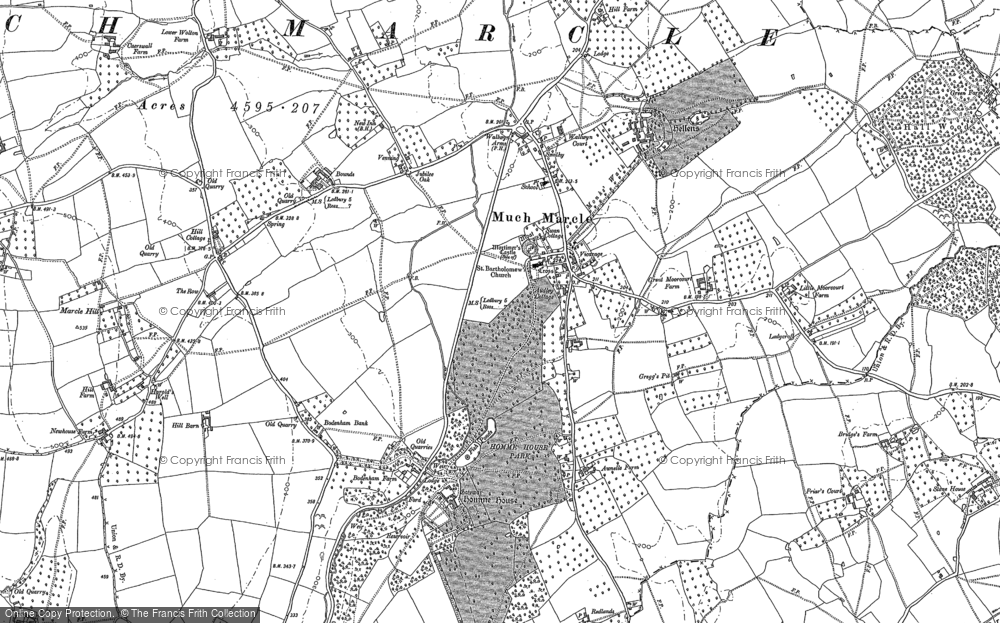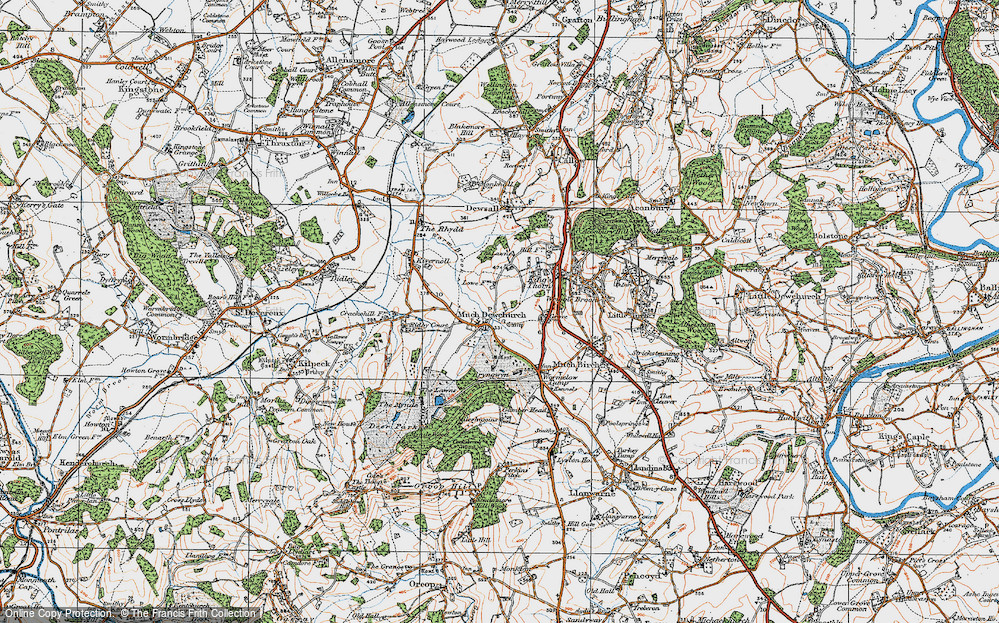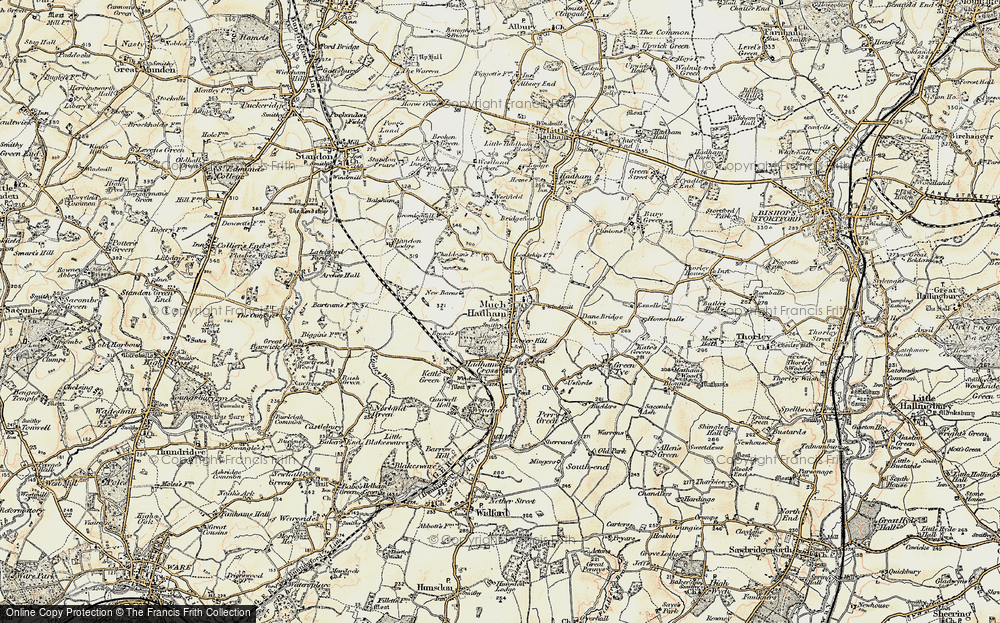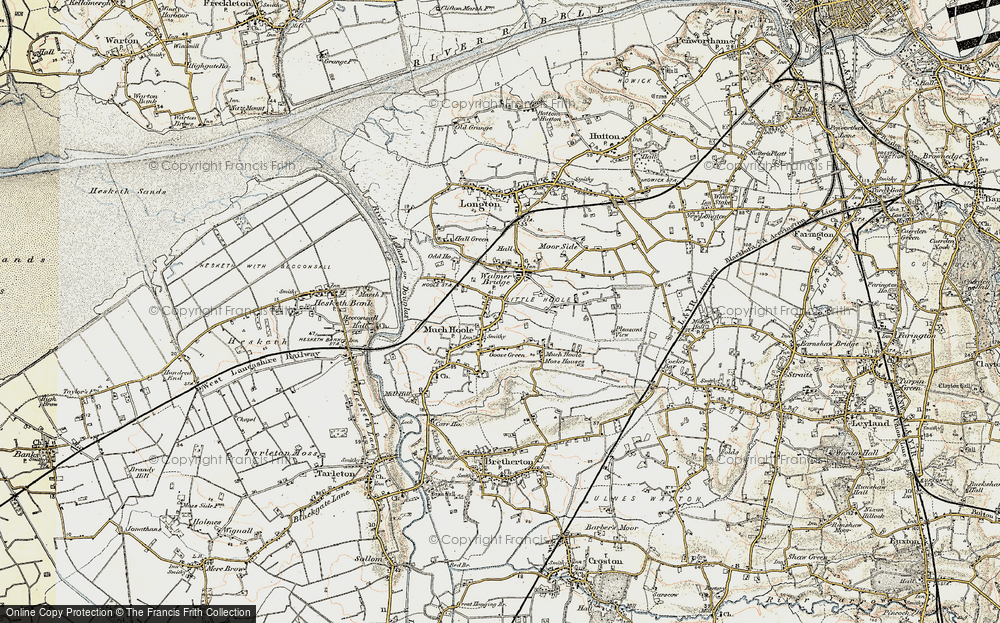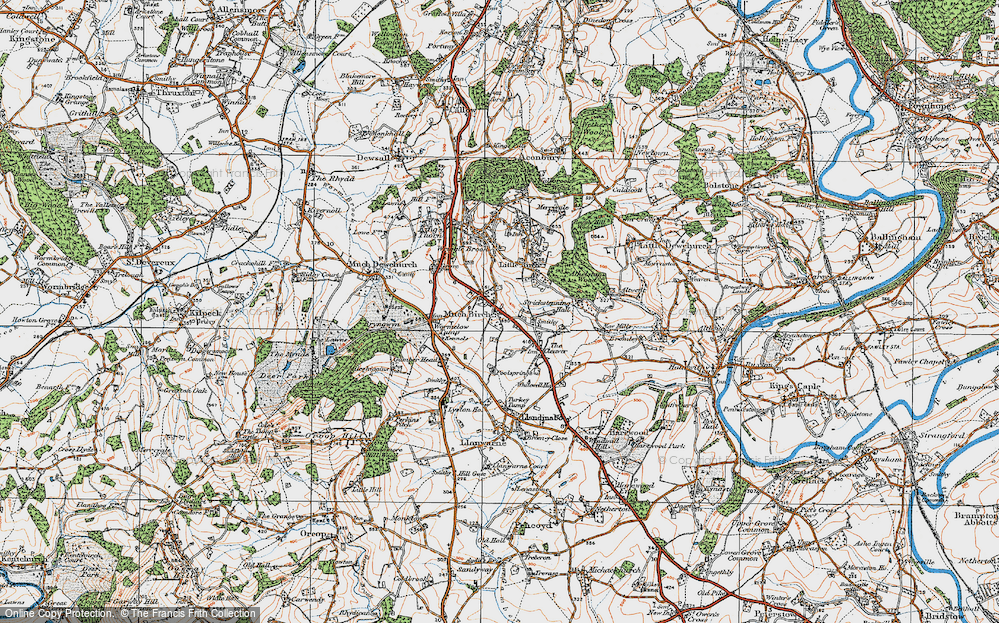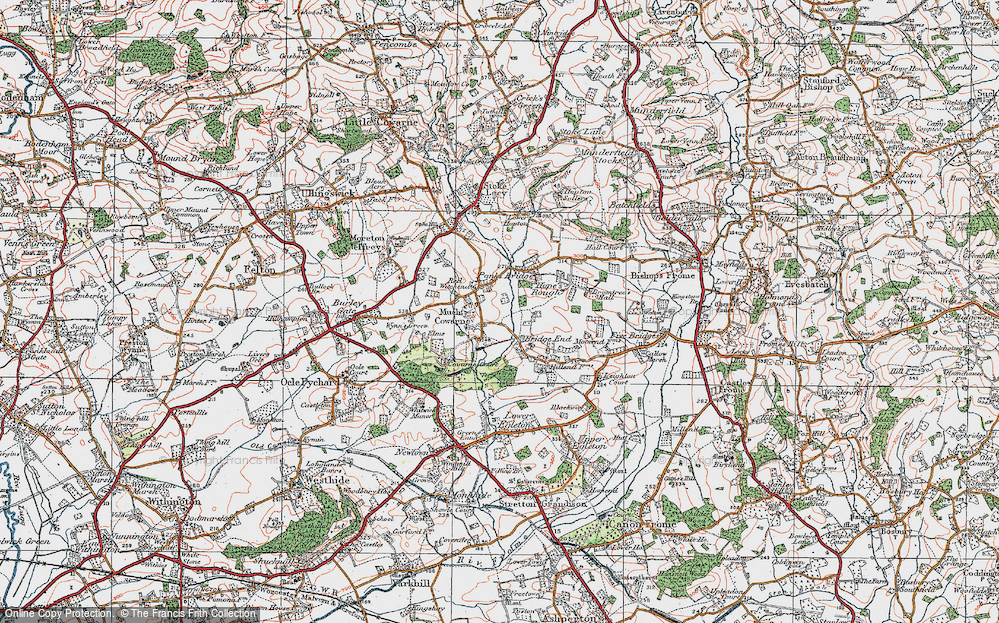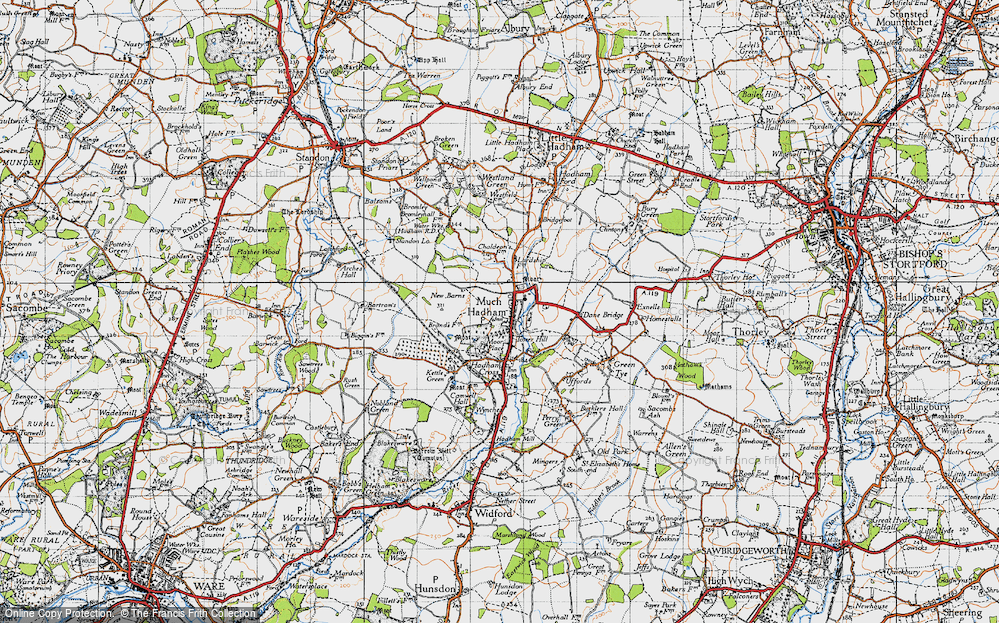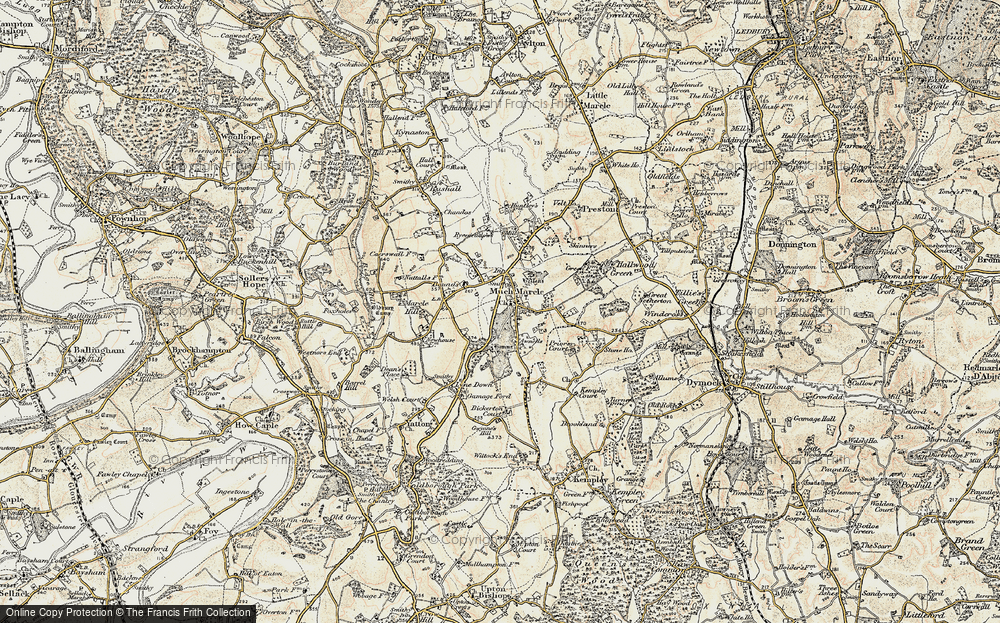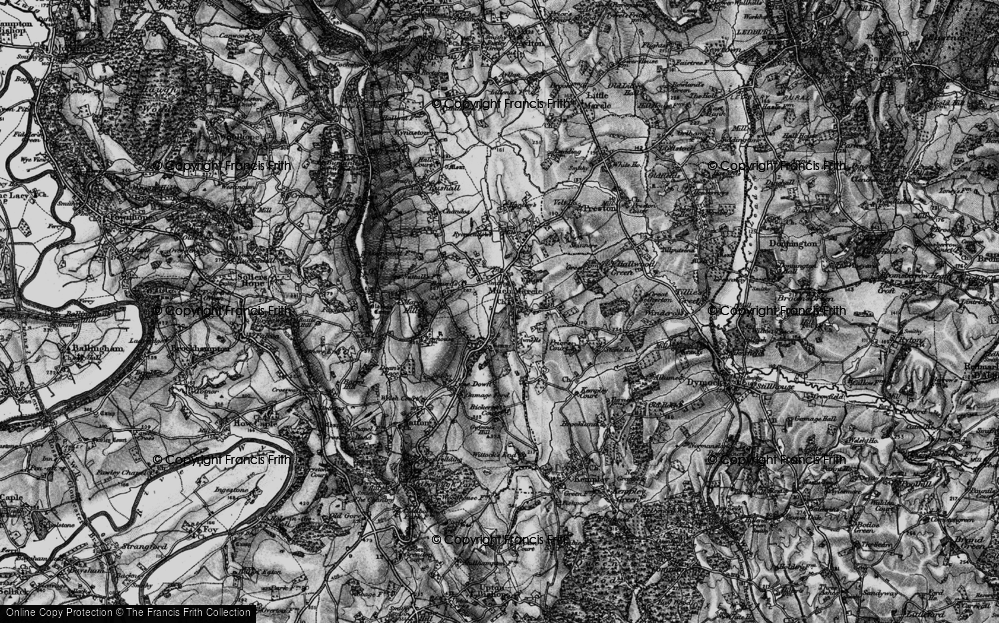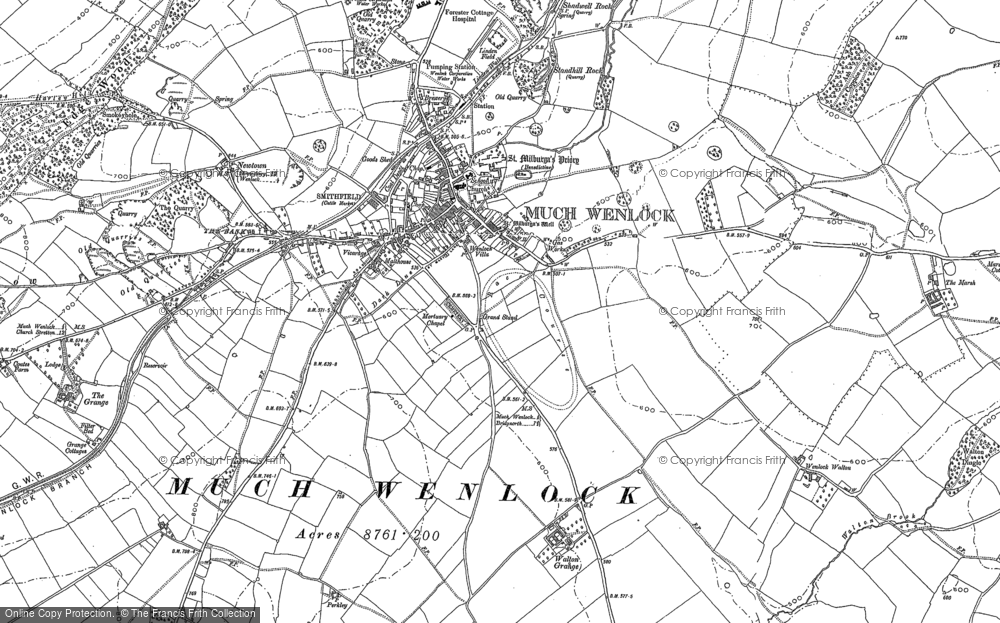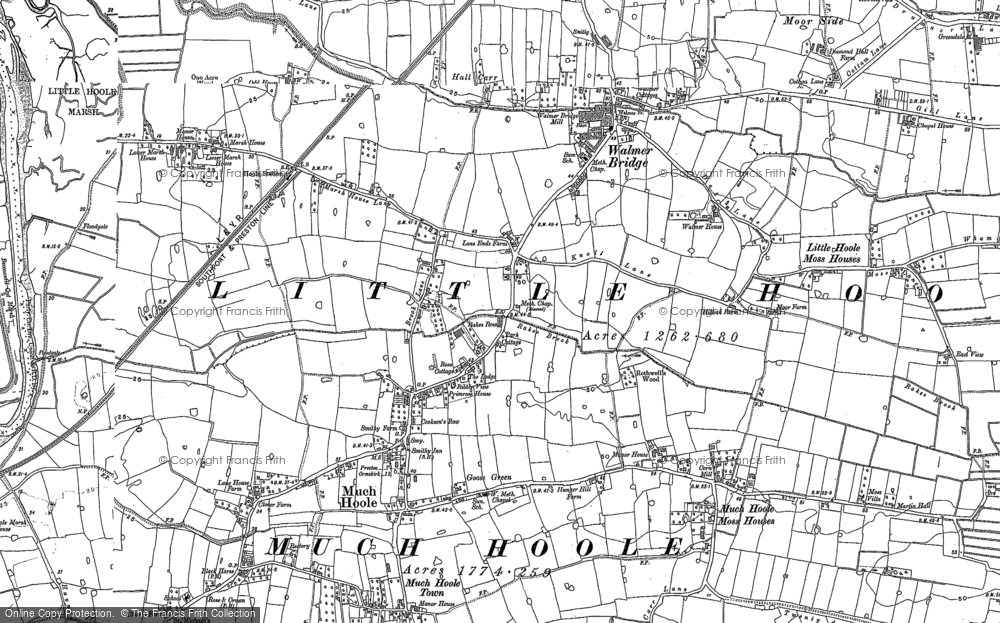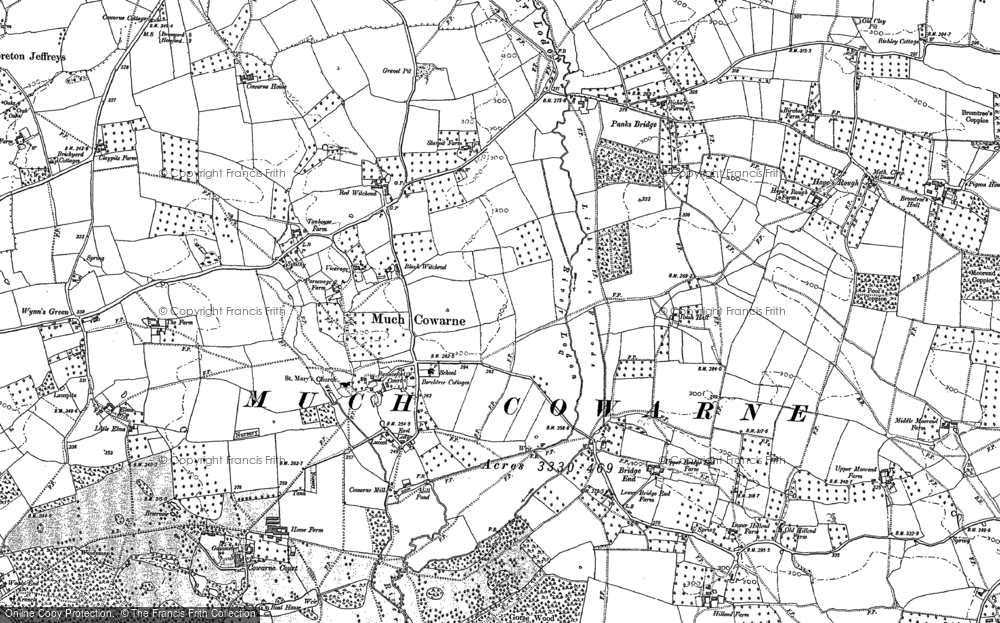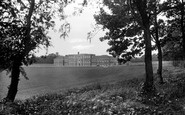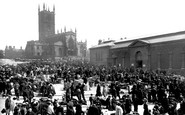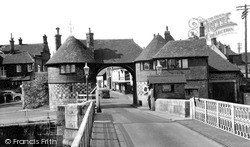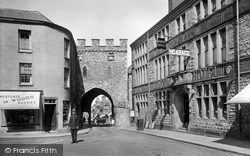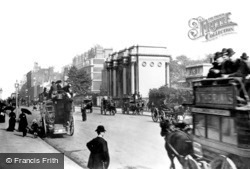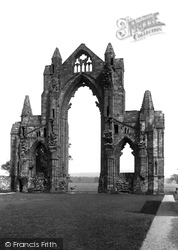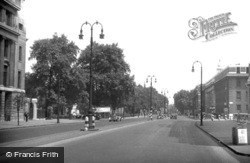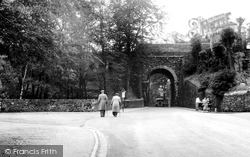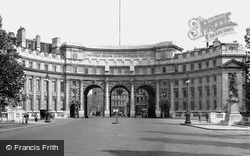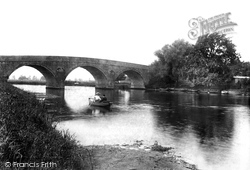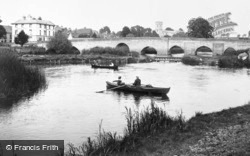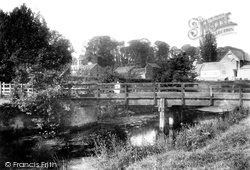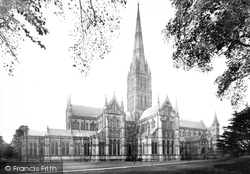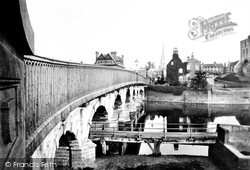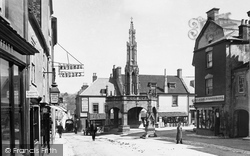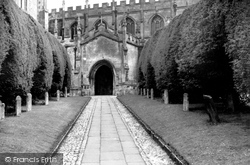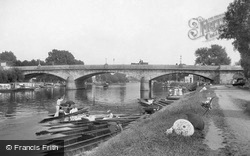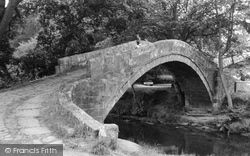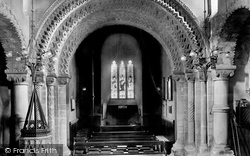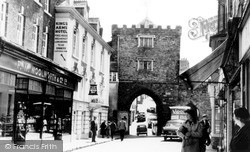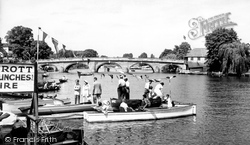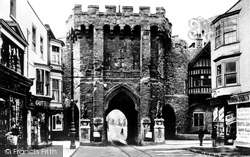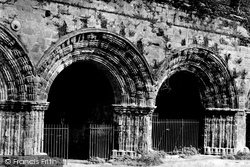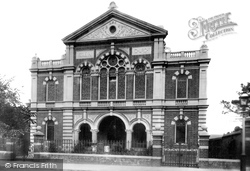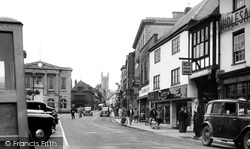Places
Sorry, no places were found that related to your search.
Photos
5 photos found. Showing results 21 to 5.
Maps
83 maps found.
Books
Sorry, no books were found that related to your search.
Memories
1,127 memories found. Showing results 11 to 20.
1955 To 1960
I was a pupil here and Miss Dickie ('The Bird' as we called her) was our headmistress and much respected and revered. I believe she retired a while after. It was an excellent school though we did take it all for granted sometimes. We ...Read more
A memory of Cheam in 1955 by
1956 Onwards
Jennifer and I started our married life in South Wales in a little village called Caio, at that time all Welsh speaking. You may have gathered from my writings I was recalled back into the army for the campaign that was called The Suez ...Read more
A memory of Caio in 1956 by
1956 1960
My dad bought a brand new house on Craigwell Avenue in 1956. Builder was William Old. I was 4. The house was blue and yellow, 4 houses up on the left from Newberries Avenue. The construction went on for at least two years after moving ...Read more
A memory of Radlett in 1956 by
1957 Upwards Susan June Keeler
I was a little girl who was adopted to Cecil John Keeler and my first visit to Petham was as a 5yr old. My Granny Fanny keeler and had 5 sons. Dick.Ray.Ted.Cecil and Reg.Granny Keeler also had 3 daughters Daisy.Girlie and ...Read more
A memory of Petham by
1960s
I spent most of my childhood in Berwick staying at my nana's house in Wallace Green and then at my aunt's pub, the Harrow Inn in Tweedmouth. I would spend days on the beach, either Berwick or Spittal where they had trampolines on ...Read more
A memory of Berwick-upon-Tweed by
1960s & 70s
My grandparents (McNaught) lived in Henrietta Street, and my parents & I stayed with them for many holidays in the 60s and 70s. An uncle & aunt lived in George Street - they were retired teachers from Barrhill school. Another aunt ...Read more
A memory of Girvan by
1960s In Bucks Mills
The earliest photo of me on Bucks Mills beach is in a pushchair from about 1951 -52! We were visiting for the day from my grandparents home in Bradworthy. In 1959 my grandparents, John and Gladys Dunn moved to Trundle ...Read more
A memory of Buck's Mills in 1960 by
1965
1964 and my parents announced to us kids that we were going to move to the countryside from Great Bar in Birmingham where we were all living at my grandmothers house My Father had died back when I was seven and mother had eventually ...Read more
A memory of Market Harborough by
1970s To Present Memories
I have many happy childhood memories of this lovely place - we had a caravan around the corner in Lligwy Bay (nr Benllech) for over 10 years and this was one of the best beaches around. I remember walking from ...Read more
A memory of Red Wharf Bay in 1975 by
1973 Demolition Year For The Market Buildings
I arrived in Wolverhampton when demolition of the market buildings was under way. The buildings in front of the church (in the photo) must have already been long gone, but the buildings on the side ...Read more
A memory of Wolverhampton
Captions
1,233 captions found. Showing results 25 to 48.
All traffic to Thanet passed under its arches, where a toll was paid.
The notice on the arch restricts the speed of all motors to 6 miles per hour through the arch, while the poster beside it is advertising a fete.
Marble Arch, in the corner of the picture, was placed in the north-east corner of Hyde Park in 1851. It had been built in 1827, when it stood outside Buckingham Palace.
Again we still see the old font in front of the priory arch and a gravel path to the right, long since disappeared, which presumably led to the greenhouse shown in the view of 1885.
Immediately to the left are the trees in Euston Square, where the stonework of the Euston Arch is just visible. The arch was demolished amid much controversy in 1963.
This stone arch was built in 1869 to carry raw materials to the iron furnaces. A pedestrian tunnel was added beside the main arch owing to the increase in traffic.
Admiralty Arch at the far end of the Mall was completed in 1910 as part of the Victoria Memorial scheme; Sir Aston Webb was the architect of both the arch and the memorial.
As well as its three main arches, the bridge also has six smaller flood arches across the fields on the south bank.
Noted for its irregular arches, the bridge dates mainly from the 15th century, but some parts are thought to be much older.
Bathpool is now very much a suburb of Taunton, with the spread of the Somerset town on one side and the M5 motorway on the other.
The rounded arch of the Norman period gave way to the pointed arch, providing increased architectural strength and the opportunity for grander, expansive buildings.
This seven-arched road bridge was built in 1775 to carry the Great North Road over the river. It replaced earlier crossings dating from 1190.
The fine market cross at the entrance to the Market Place has an elaborate medieval polygonal centre, with three storeys of arched niches; the crocketed pinnacle emerges from a plainer arched
This view of the north door shows the two-arched doorway with hood mould. Inside can be seen the remains of a Norman arch.
The refined and somewhat austere rusticated three-arch bridge of 1829-32 by John Rennie, the architect of old Waterloo Bridge, has been marred by a widening in 1958 in which footways were cantilevered
The elegant, high-arched Beggars Bridge at Glaisdale is dated 1619, and carries the packhorse route from Glaisdale to Whitby across the River Esk.
The carving exudes an almost barbaric air: the capitals are full of curi- ous foliage inhabited by mythical winged creatures, writhing figures and animals, and the arches are a profusion of geometric
With the introduction of the one-way system, traffic now travels only out of town through the arch. Next to the Arch is the Baker's Arms Hotel, another 18th-century building.
William Hayward built the five-arched Henley Bridge in 1786 to replace an earlier wooden structure that had been swept away by floods. The cost was estimated to be about £10,000.
With the introduction of the one-way system, traffic now travels only out of town through the arch. Next to the Arch is the Baker's Arms Hotel, another 18th-century building.
Up until the 1930s, specially designed trams with dome-shaped tops to fit the arch travelled through Bargate.
Erosion over the years has damaged the arches, and there is plant growth above them, which has now been removed.
The designers certainly pushed the boat out: their 1893 facade is stylishly Italianate, with lots of carved stonework, banded arches and granite columns.
The George Hotel is entered through the old coaching arch under a 20th-century leaded window.
Places (0)
Photos (5)
Memories (1127)
Books (0)
Maps (83)


